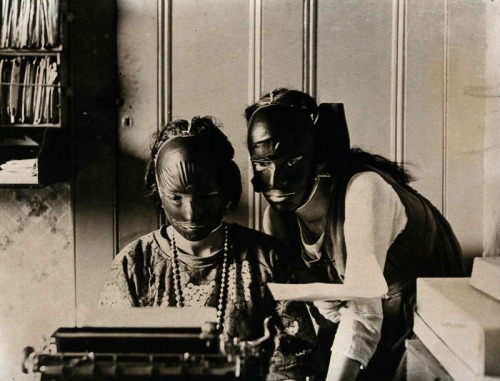“The Means Of Staying Hidden Online Will Only Get Easier To Use”
January 14, 2015 in Excerpts, Science/Tech | Permalink
In his new Aeon article, Jamie Bartlett takes a counterintuitive approach to government surveillance in the Internet Age, believing that online anonymity will increase, the mouse outrunning the cat.
I think he’s right to an extent. No legislation is going to stop corporations and governments from trying to track and commodify us, but media becomes more decentralized over time, and the number of info hacks, leaks and countermeasures will continue to proliferate. While that’s broadly good for liberty, it may be more a boon to terrorists and trolls than you and I. Bartlett’s predictions about and prescriptions for the future of surveillance seem off, and the Internet of Things will further cloud the whole issue, but he makes many salient points. An excerpt:
The issue cuts across traditional political boundaries, in other words: everyone has their own reasons for supporting it. The 1990s’ cypherpunks – and there are still plenty out there – believe that anonymity online will lead to a libertarian utopia. The liberal Left fears that state surveillance might encroach on the individual right to privacy. The liberal Right worries about too much power in the hands of state bureaucracy. There are many more who don’t really fit anywhere, but simply believe society is better served if people can stay secret. Spend some time with civil liberties groups, and the cleavage between all these different agendas becomes clear. Yet the biggest faultline is probably the one between the libertarians and the social democrats.
In general, the libertarians want to unilaterally ensure liberty through maths and physics embedded in technology; in this way, they believe that they can chip away at the foundations of state power. The social democrats, on the other hand, would like to achieve liberty through laws and democratic consensus – and hope it will chip away only at bits of the state they don’t think serve progressive ends. However, despite their apparent symmetry, the two factions are not evenly matched. In fact, the basic nature of the question would seem to favour the libertarians.
Because of that powerful combination of public appetite and new technology, the means of staying hidden online will only get easier to use, more widespread and ever more sophisticated. And the cypherpunks have physics on their side: it is easier to encrypt something than to decrypt it. (Encrypting is like cracking an egg; decrypting it without the key is like trying to put it back together again.) It’s not an exaggeration to say that the laws of mathematics tend toward secrecy. Although it might feel unlikely at a time when every click and swipe is being collected by someone somewhere, the direction of travel is toward greater online anonymity. In the years ahead, for those who want it, it will be easier to hide online.•
Tags: Jamie Bartlett
Subscribe to my free, monthly Substack newsletter, "Books I Read This Month." Some new titles, some older, some rare.
Categories
About
Afflictor.com is the website of Darren D’Addario. Except where otherwise noted, all writing is his copyrighted material. ©2009-18.

